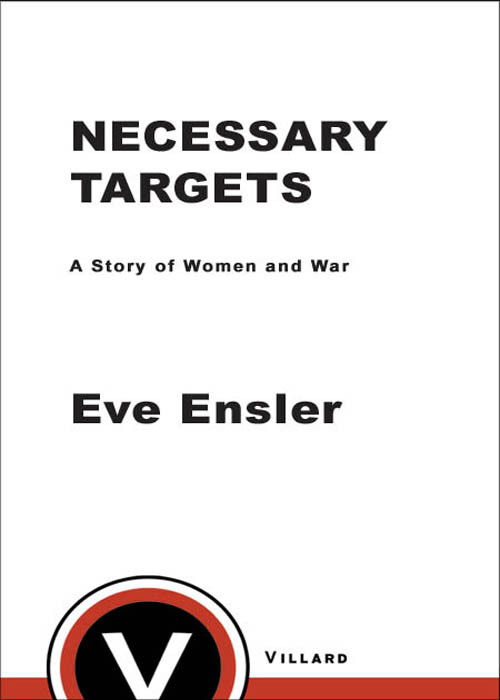
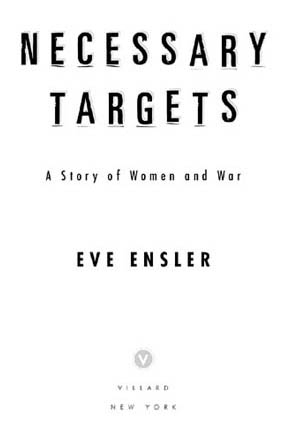 CONTENTS For Rada Boric and the women of Bosnia,
CONTENTS For Rada Boric and the women of Bosnia,
and, of course, for you, Ariel INTRODUCTION We make decisions all the time. Decisions about them. Them is always different from us. Them has no face. Them is a little bit deserving of all the bad that happens to them. Them is used to violenceits in their blood.
There are rules about them. We keep them over there, out of sight, conceptual. We do not get close enough to touch or smell or know them. We do not want to see how easily we could become themhow quickly violence arrives, how swiftly people turn, embracing racist hate. We do not want to know or touch the parts of ourselves that are capable of behaving like them. Sometimes, if we are lucky, an image, a poem, an invitation to a foreign place pierces our perception.
We suddenly stare down at a photograph on the cover of Newsdaysix young Bosnian girls just returned from a rape camp. Their faces are beautiful and young and destroyed. We see their utter incomprehension and terror. We feel their shame. We are compelled. We go and meet themyoung, old, Muslim, Croatian, Serbian, Haitian, Rwandan, Afghan, Chechen.
We sit in dusty barracks, makeshift refugee camps, peeling centers. We hold the strong, earthbound hands of the farmers longing for their land, we walk through beet fields with the woman with strawberry stains as she describes the execution of her parents, we sit in a hot room in a crowded refugee hotel with a mother and six children and one son who lies suspended in a bed, mute from three months in a concentration camp. We watch woman after woman shake, pace, smoke, choke, weep as they describe the gang rapes, the public rapes, the rapes of mothers, sisters, and grandmothers. We see how they have lost their homes and identities. That they do not eat or cant stop eating. We hear how they did not expect this or want this and our secure usness, our little usness, begins to unravel.
It is dangerous. In 1993, I went to the former Yugoslavia to interview Bosnian women war refugees. For my first ten days in Zagreb, I slept on a couch in the Center for Women War Victims. The center was created to serve Muslim, Croatian, and Serbian women refugees who had been raped and made homeless by war. Most of the women who worked there were refugees themselves. They ran support groups and provided emergency aid, food, toiletries, medication, childrens toys.
They helped women find employment, access to medical treatment, and schools for their children. When we think of war, we think of it as something that happens to men in fields or jungles. We think of hand grenades and Scud missiles. We think of the moment of violencethe blast, the explosion. But war is also a consequencethe effects of which are not known or felt for months, years, generations. And because consequences are usually not televised, by then the war is no longer sexythe ratings are gone, consequences remain invisible.
It is the bombing, the explosions in the dark, that keep us watching. As long as there are snipers outside of Sarajevo, Sarajevo exists. But after the bombing, after the snipers, thats when the real war begins. It is found in the broken-down fabric of community, in the death of trust, in the destruction of the everyday patterns of living. It is found in trauma and depression, poverty and homelessness and starvation. It is found in the emasculation and rage of the victim, in the new violence; the traumatized soldier beating his wife, the teenage boys already plotting revenge, the ongoing panic of the children.
When we think of war, we do not think of women. Because the work of survival, of restoration, is not glamorous work. Like most womens work, it is undervalued, underpaid, and impossible. After war, men are often shattered, unable to function. Women not only work, but they create peace networks, find ways to bring about healing. They teach in home schools when the school buildings are destroyed.
They build gardens in the middle of abandoned railroad tracks. They pick up the pieces, although they usually havent fired a gun. Necessary Targets is based on the stories of the women I met and heard in Bosnia. It was their community, their holding on to love, their insane humanity in the face of catastrophe, their staggering refusal to have or seek revenge that fueled me and ultimately moved me to write this play. After my first week on the Center for Women War Victims couch, where Id been interviewing women eight to twelve hours a day, a woman activist, Rachel, offered me her apartment for the weekend. I was both relieved and terrified to have a moment to stop, to actually absorb all the trauma and terror of the stories I had heard.
As I lay in Rachels bed, trying to avoid the terrible images in my head, avoiding the trajectory of my heart, which was heavy and downward-moving, I realized I was not sleeping. I was not moving or thinking. I was suspended. Although I did not feel grace or the presence of anything remotely resembling God, I sensed this suspension was a kind of involuntary prayer, a call to make Bosnia matter. To make war matter. But how do you make destruction matter? How do you make peoples suffering thousands of miles away matter? How do you make this world, this life, in all its mystery and injustice, matter? Maybe this is the purpose of art, and theater in particularto experience what we experience, to see whats in front of us, to allow the truth in, with all its sorrow and brutality, because in the theater we are not alone in our worried and stained beds.
We are there, for these moments together, joined by what we see and hear, made stronger, hopefully, by what opens us. NECESSARY TARGETS SCENE 1 Lights up on a posh living room. A coffee table with plates of food. J.S. , a stunning, reserved woman near fifty, sits with MELISSA , a young, strong woman who sits awkwardly on the sofa, drinking water. MELISSA wipes up the excess water that her drink has left on the coffee table. J.S. moves a round wooden object toward her. MELISSA Oh, its a coaster. I thought it was an art object.
Im so sorry. J.S. Not to worry. Its an old table. MELISSA Its gorgeous. In such amazing shape.
Theres not one smudge on it. I could never keep a table like that. It takes so much time. J.S. Well, I dont spend my days polishing the table. MELISSA No, no.
Im sure you have someone who does that. (They both laugh nervously.) J.S. Youre younger than I expected. MELISSA Well, Ive been through a lot. J.S. J.S. J.S.
Like what? MELISSA Like that. Like childhood. Like poor me. I dont feel sorry for myself. J.S. Why would I think that? MELISSA Because youre a shrink.
Because Im sure youll attribute all I do now to all that happened to me when I was little. J.S. I dont know what happened to you when you were little, Melissa. MELISSA Do you need to know? Is it important for you to know? Id rather not be identified or determined by that part of my life. It was their life. J.S. J.S.
And what makes this your life? MELISSA That feels very much like a shrink question. J.S. Oh, Im sorry. (They sit awkwardly.) J.S. I like your shoes. MELISSA You do? J.S.
Yes, very much. MELISSA Kenneth Cole. I love the zippers. J.S. Theyre very... definitive.
MELISSA Well... yes. Theyre grounding. I need shoes that are grounding. J.S. I imagine. I imagine.
MELISSA Not cause Im crazy or off-the-wall or anything. But these situations, these wars. One needs... grounding. J.S. Yes.
Next page


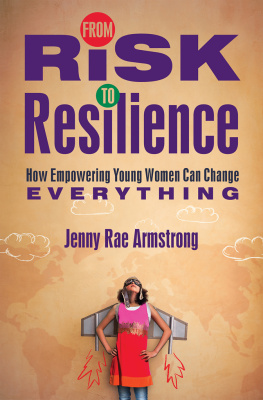
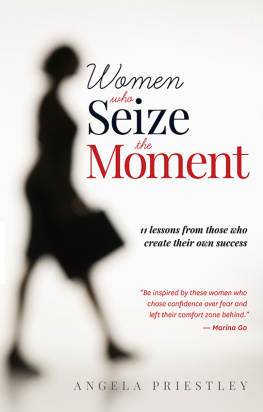
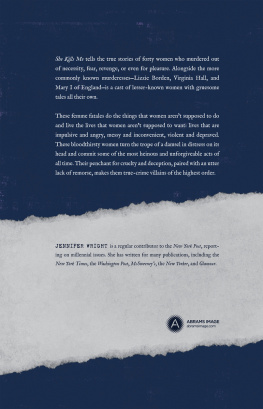


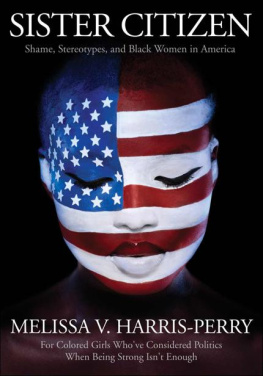

 CONTENTS For Rada Boric and the women of Bosnia,
CONTENTS For Rada Boric and the women of Bosnia,